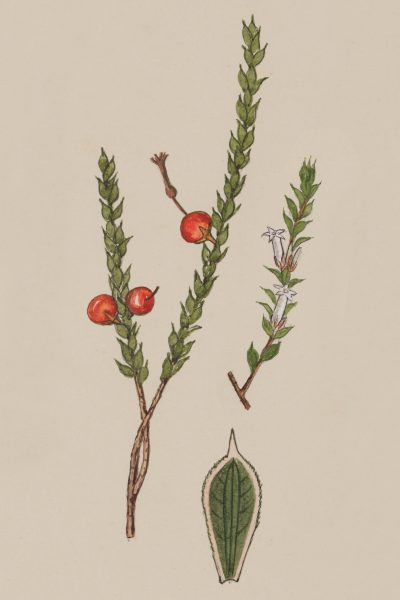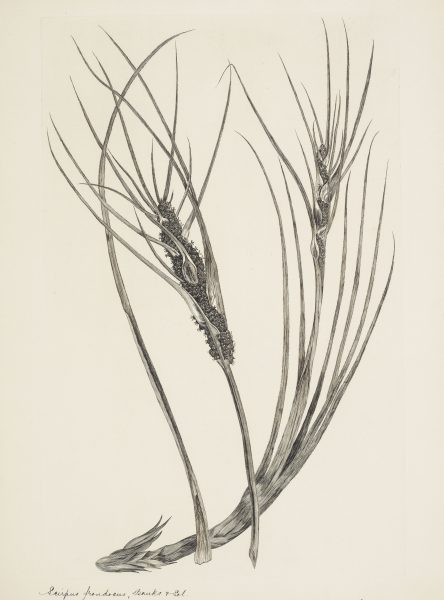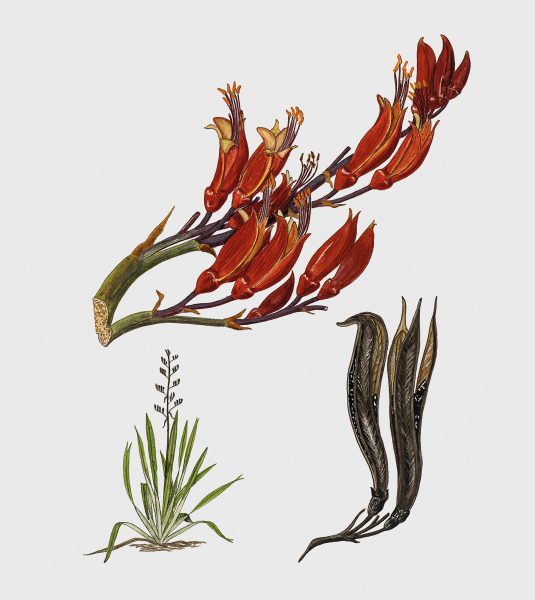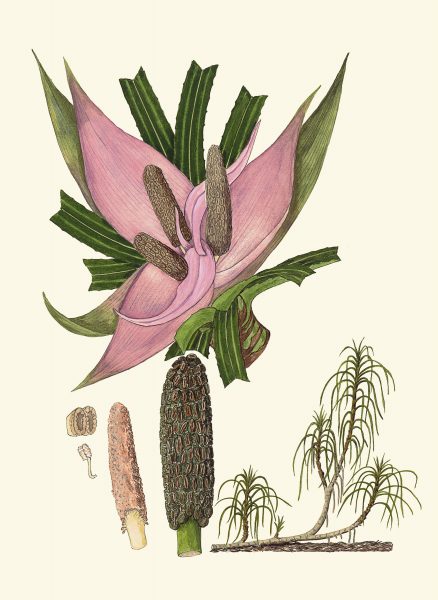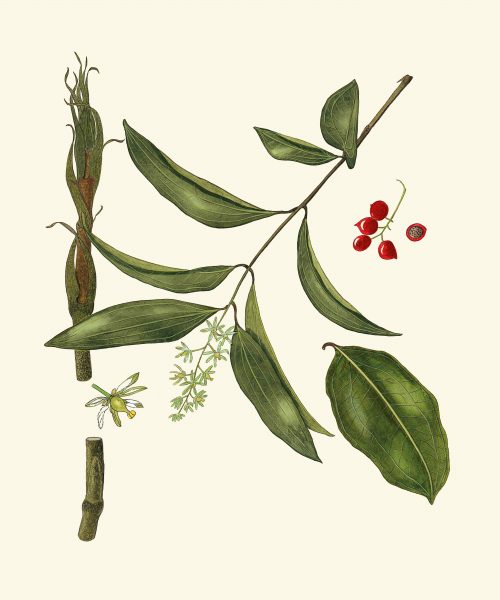Speargrass
Speargrass has a fearsome reputation among those who venture into the high country, owing to its needle-sharp, lance-like defences. Its name, taramea, literally means “spiny thing”. Surprisingly, it belongs to the carrot family. Early accounts record Māori hauling the plants out with a rope and cooking the roots and the flower stalk in an umu—or eating them raw. Some claimed the roots tasted better than turnips. But the plant’s most important use for Māori was as a key ingredient in perfume—its fragrant gum gives off a pleasant and lasting scent. The whole process of extracting gum from the plant was subject to tapu. “It was the work of the women to prepare it and they went about this in the old time-honoured way,” wrote James Herries Beattie in Traditional Lifeways of the Southern Māori. The tia, or gum, was only collected by young girls after appropriate karakia were performed. Collectors of the gum had to sleep with their knees drawn up; if they slept lying straight, the gum would flow from the plant and be lost. The plant was cut in the evening and the gum was collected at dawn while the dew was still on it. Sometimes a fire of dry grass was lit under the plant to hasten the flow of the semi-transparent gum, which was then fixed in fat—usually refined from weka, tūī, kereru, tītī, kurī or kiore. Scent recipes were many and varied. Taramea gum could be blended with oil from miro berries, pia tarata (gum extracted from lemonwood stems), mokimoki (an aromatic fern), karetū (fragrant grass), hioi (New Zealand mint), kōpuru moss collected from rocks in the dampest and deepest part of the forest, or the fragrant flowers and roots of pātōtara. It was sometimes suspended around the neck in a hollow piece of wood or bone, a bunch of feathers, or a scent bag (hei-taramea). The wearer’s body heat slowly melted the scent, wafting perfume up to their nostrils. In the last decade, a Ngāi Tahu rūnanga began developing a commercial taramea scent venture, and its first products were released under the brand name Mea in 2019.







